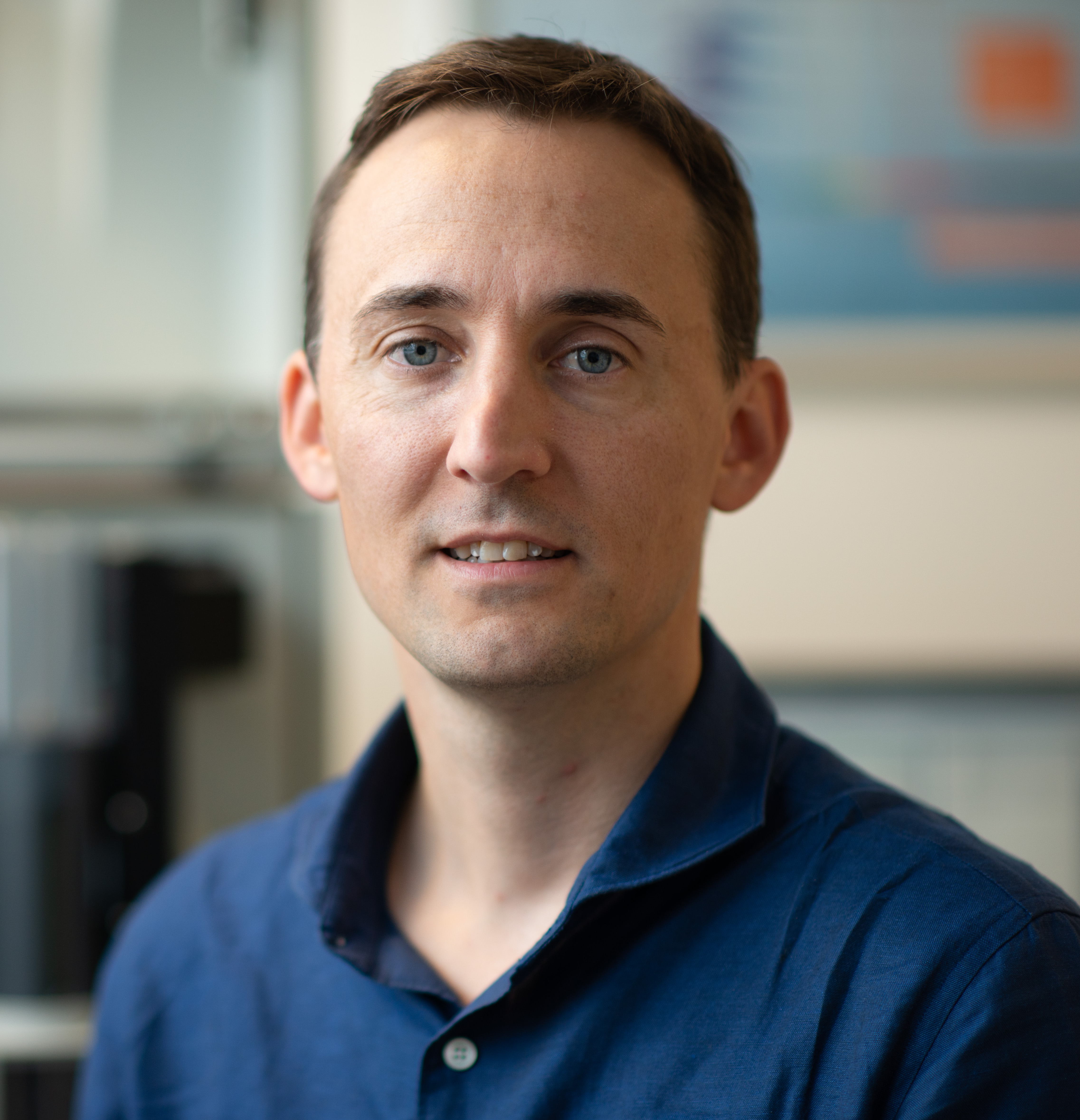25 Sep. 2025 - 12:00
DeLIVERing in vivo CRISPR Screens to Study Hepatic Cell-Cell Interactions
Martin Guilliams, PhD, Principal Investigator at the VIB-IRC Center for Inflammation Research, Belgium
25 Sep. 2025 - 12:00
Martin Guilliams, PhD, Principal Investigator at the VIB-IRC Center for Inflammation Research, Belgium

Carlos Minutti, PhD, Immunoregulation Lab
Seminar room
The enormous plasticity of immune cells means that identifying the causal circuits that control immune cell activation in vivo seems unachievable. This is particularly true for macrophages that can sense a large variety of signals that could control the fate of these cells in tissues. The current gold standard to study the immune system in vivo relies on CRE-lox technology. However, it would take decades to knock-out large families of receptors or transcription factors in immune cells using this technology. The development of pooled CRISPR screens combined with single-cell sequencing and spatial omics associated with the development of novel computational methods now brings this goal within reach for the first time. The fact that all the perturbed cells are profiled within the same tissue in parallel will generate large datasets of unprecedented quality in which the complex and multi-dimensional changes induced by each perturbation can be modelled. To do that, we need to map the phenotypic manifold of cells in time and space, and link the fate of the cell to the perturbational single-cell/spatial/multiome data. Importantly, these high-content screens are ideally suited for artificial intelligence pipelines and the establishment of an experiment-in-the-loop-framework that iteratively decodes immune cell biology through continuous computational & experimental feedback that prioritizes the potential regulators of underexplained variation within the data. Here, we will present an in vivo CRISPR screening platform combined with a computational pipeline specifically tailored to the study of liver macrophage activation in vivo. Recent liver cell atlas efforts revealed the modular architecture of the liver, with each module containing a dedicated macrophage and stromal cell. Little is known about the precise cell-cell circuits that underlie the functional specialization of macrophages and about the reciprocal crosstalk between macrophages and neighbouring stromal cells. Using in vivo PERTURB-seq and spatial CRISPR screens, we aim to unravel the key cell-cell interactions controlling the functional specialization of macrophages and their impact on the stroma in the healthy and diseased liver.
Martin Guilliams obtained his PhD in 2008 (De Baetselier lab). He did his 1st postdoc in the Malissen lab and his 2nd postdoc in the Lambrecht lab. In 2017, he became PI at the VIB. He currently leads a research team that focuses on the functional specialization of macrophages and their interactions with the cells representing their niche, and how these interactions change upon liver regeneration and metastasis, using single-cell & spatial in vivo CRISPR screens.
Register here.
Champalimaud Research (CR) Colloquia Series is a seminar programme organised by the Champalimaud Centre for the Unknown to promote the discussion about the most interesting and significant questions in neuroscience and physiology & cancer with appointed speakers by the CR Community.
